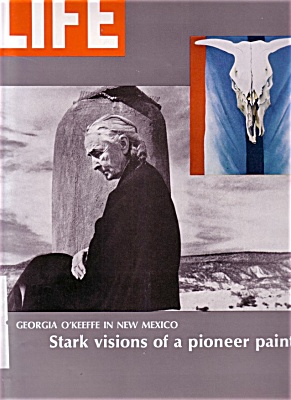Baseball: A glorified and systematized development of the old English game of “rounders,” now recognized in the United States as a distinctively national pastime. It is played spectacularly by highly-paid professional experts as well as by skilled amateurs, with a hard leather-covered ball of lightly twisted yarn, over a rubber core, and a rounded wooden bat or club not exceeding 42 inches long or 2 1/2 inches in diameter. Nine men constitute each side: one team takes the field and the others go to bat in rotation. The pitcher of the outside delivers the ball to the selected striker of the inside, who endeavors to hit it so as to elude the fielders and run around the bases without being caught or put out. Occasionally the hit may result in a “home run,” i.e., a round of the bases without being put out; usually the strikes are one, two, but sometimes three “base hits.” As each safe hit is made those on the bases run to the next and so on until one run is scored by the third baseman reaching the “plate.” Should the batsman miss three balls from the pitcher and the third ball be caught by the catcher, the striker is out. Upon three men being put out by catching or touching with the ball when off the bases, the fielding side go in; and after nine innings have been completed the side having registered most runs is declared to have won. The catcher stands behind the striker, to catch and throw to the basemen in the field the balls pitched to the striker. All the fielding side need to be good throwers, swift runners, and sure at a catch. The game is governed by very elaborate rules, and the umpire’s position is very responsible. Baseball is played upon level expanses of turf not less than 500 feet by 350 feet.
Beard: The hair on a man’s face. Little is found among Africans, Chinese and Eskimos. It is heavy with the Europeans and the Semitic races. The Egyptians shaved the whole body, the Greeks and later Romans the whole face, and this was the European custom of the eighteenth century.
Bicycle: A two-wheeled machine (successor to the velocipede of large wheel) which about 1870 came into vogue. It then consisted of one high wheel, driven by the pedals, and a small connecting wheel, behind. In its present form, with two wheels of even circumference, pneumatic tires, and effective gearing, it is a much more manageable affair, and obtained for a while a very wide adoption by all classes, young and old, male and female. The motor-bicycle is the latest form of this two-wheeled road machine.
Birth-mark: A discoloration, like the so-called “port wine stain,” on the skin of a human being. It sometimes disfigures the whole countenance. It is usually a case of enlarged blood vessels and is attributed popularly to some ungratified longing on the part of the mother of the sufferer during her pregnancy.
Black Hand: A secret organization of Italians, Sicilians and Neapolitans mainly, so-called from the emblem used by it in making its demands. Has been active in New York City and wherever there is a large Italian element, giving much trouble to the detective force. The assassination of Giuseppe Petrosino, a New York City detective in Italy, was laid at its door. The better class of Italians in this country have organized to pull it down.
•Taken from the 1912 Standard Illustrated Book of Facts.
See also:

















